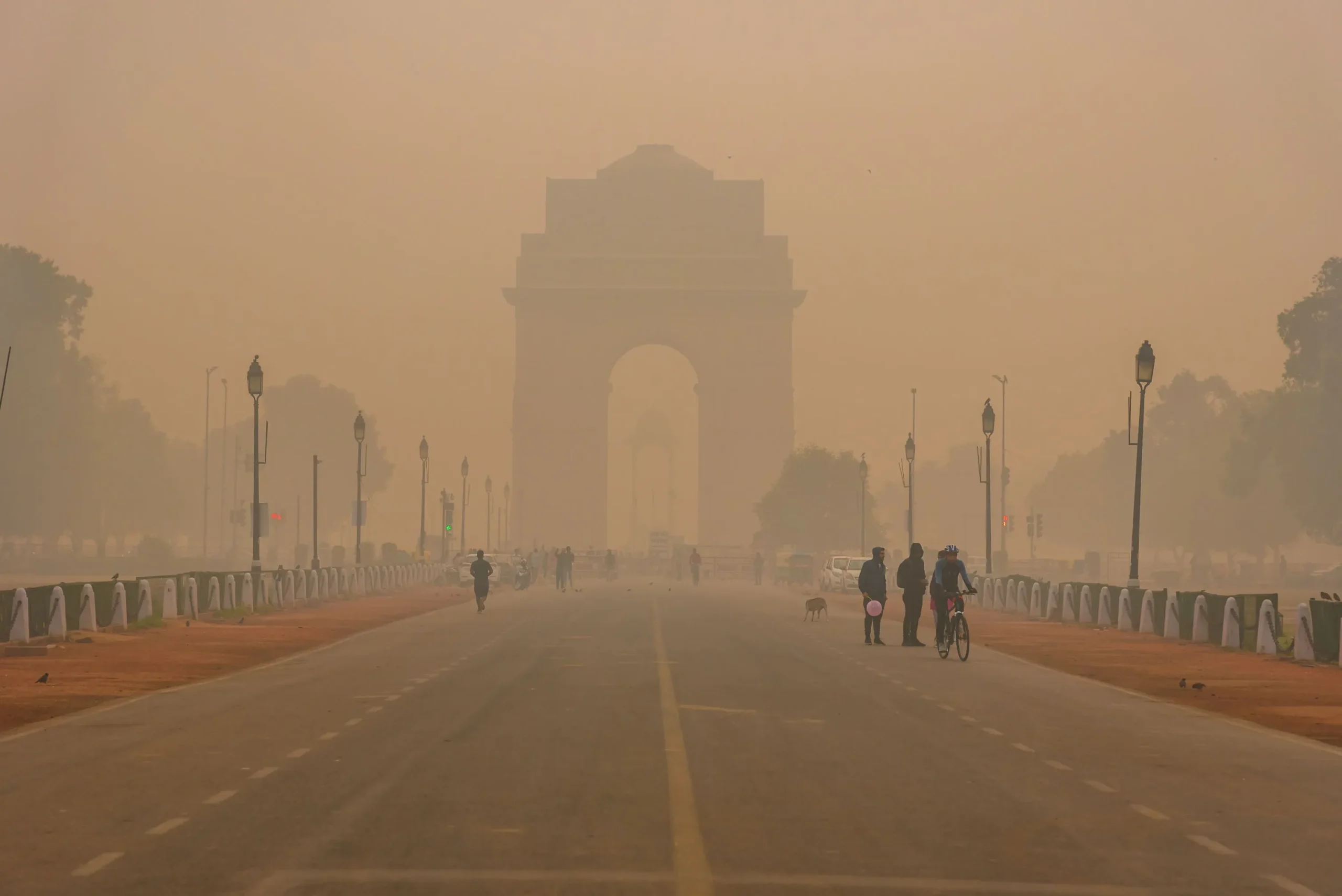Health expert terms Delhi NCR pollution a “medical emergency” as people complain of pneumonia, chest infections
3 November, 2022 | Vaishali Sharma

The national capital's air quality remained 'very bad,' while Noida's air quality remained 'severe.' Many patients have been taken to the ICU after suffering pneumonia or chest illnesses, according...
The national capital’s air quality remained ‘very bad,’ while Noida’s air quality remained ‘severe.’ Many patients have been taken to the ICU after suffering pneumonia or chest illnesses, according to sources. The difficulties created by rising pollution have been dubbed a “medical emergency” by health experts.
“This is a medical emergency as people are affected by short-term and long-term impacts of the pollution. You are immediately affected when the lungs are exposed to this air,” Chairman of the Institute of Chest Surgery at Medanta Hospital, Dr Arvind Kumar told ANI on Wednesday.
Dr Kumar further said that as the smoke goes inside the chest, it causes immediate acute inflammation in the windpipe and lungs; followed by these toxic chemicals getting absorbed from the lungs and reaching the blood. They then move everywhere from head to toe thus affecting every organ, he added.
He further said that the hospital reporting huge numbers of people complaining about chest infections and pneumonia proves that the pollution is at its peak.
The most common sufferings reported due to the pollution are- sore throat and eyes, burning in eyes, red eyes, watering eyes, dry-itchy eyes, burning sensations in the nose, and a metallic taste at the lips, he added.
Medanata chairman further put forth the long-term effects of the pollution on a child’s brain stating that it could make them “hyper-irritable”.
“Long-term effects on the brain make the children hyper-irritable. I think it’s neuro-inflammation because of the toxins from the pollutants. In elderly people, it can increase the risk of stroke by 10 times,” he said.
Notably, the air quality in the national capital continued to remain in the ‘very poor’ category on Wednesday morning as the overall Air Quality Index (AQI) of the city stood at 354.
The national capital’s air quality remained ‘very bad,’ while Noida’s air quality remained ‘severe.’ Many patients have been taken to the ICU after suffering pneumonia or chest illnesses, according to sources. The difficulties created by rising pollution have been dubbed a “medical emergency” by health experts.
Noida, which is a part of the national capital region, slipped to an AQI of 406, and remained in the ‘severe’ category, while Gurugram’s AQI stood at 346 and at the ‘very poor category, as per the data released by System of Air Quality and Weather Forecasting And Research (SAFAR) India earlier this morning.
Air Quality Index from 0 to 100 is considered as good, while from 100 to 200 it is moderate, from 200 to 300 it is poor, and from 300 to 400 it is said to be very poor and from 400 too 500 or above it is considered as severe.
A little less poor air quality in Delhi’s satellite cities gave some respite to the people, but it is only a relative term from the previous day.
While comprehensively reviewing the overall air quality parameters during Saturday’s emergency meeting of CAQM, the Commission noted that due to unfavorable meteorological conditions with slower wind speed and sudden spike in farm fire incidents, it is considered necessary to implement Stage III of GRAP with immediate effect in the entire NCR.
The CAQM further noted that the winds are forecasted to be CALM in the coming days and the wind direction is likely to change course frequently. Thus, there is a high likelihood of the pollutants getting trapped in the region and not getting dispersed effectively.
Further, the CAQM appealed to the citizens of NCR to cooperate in implementing GRAP and follow the steps mentioned in the Citizen Charter under GARP. Apart from that, a 9-point action plan as per Stage III of GRAP was made applicable in the entire NCR.
The 9-point action plan includes steps to be implemented/ ensured by different agencies and Pollution Control Boards of NCR and DPCC, as per the official statement.










